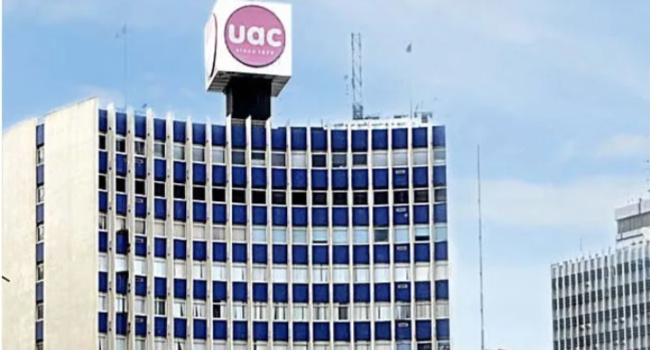The 36 states in Nigeria, including the federal capital territory, Abuja, have a domestic debt profile of N4.84 trillion as at the end of first quarter 2022, rising from the N4.46 trillion reported for the period of fourth quarter 2021.
This is a 17.5% increase on a year-on-year basis, considering the debt stock stood at N4.12 trillion in the corresponding period of 2021. In general, the country has a total debt profile of N41.6 trillion, as of Q1 this year, up from N39.56 trillion reported in Q4 2021.
Join our WhatsApp ChannelTop five states with highest domestic debt
Amongst the states, Lagos held the highest domestic debt of N780.48 billion as of March 2022, rising from N507.38 billion reported at the end of the first quarter of 2021, after borrowing an extra N273.1 billion within the period.
Ogun State came next with N241.98 billion debt, which rose from N156.34 billion reported during the corresponding period of Q1 last year. Rivers State was close with a debt of N225.51 billion, but it’s debt decreased year-on-year by N41.43 billion.
Imo State’s debt increased from N149.89 billion to N204.61 billion, after obtaining N54.72 billion loan, while Akwa Ibom also saw its total domestic debt stock depreciate by N29.1 billion to N203.11 billion, completing the top five states with highest domestic debt.
Other states on the debtors list below the $200 billion mark are Delta States, which has N163.48 billion debt, Cross River N158.93 billion, Plateau N152.1 billion, Bayelsa N151.41 billion, as well as Oyo State owing N141.19 billion.
According to the Debt Management Office (DMO), the Nigerian government has been diversifying its revenue sources, and this has been keeping the debt in check, while increasing the country’s yearly earnings.
“Whilst the total public debt to GDP at 23.27% was below Nigeria’s self-imposed limit of 40%, the momentum by the government to grow and diversify revenues remain a priority to ensure the public debt is sustainable.
“Initiatives in this regard are yielding results as Actual revenues for January to November 2021 at N5.51 trillion was 39.21% more than the N3.96 trillion recorded in 2020. Similarly, the share of Non-oil revenue grew by 80% compared to 61% in 2020.”

















Follow Us